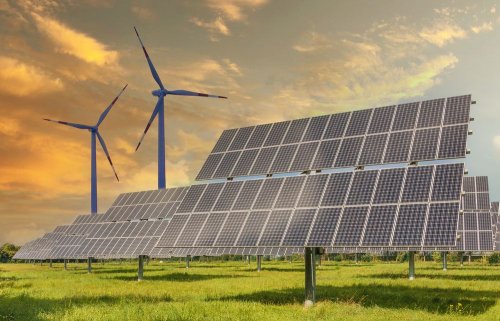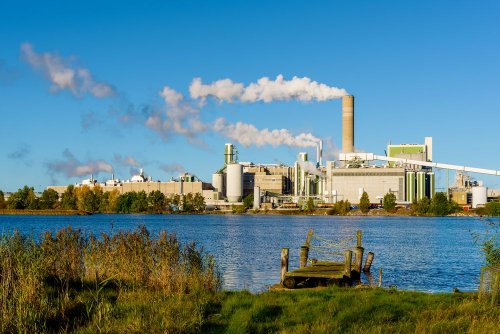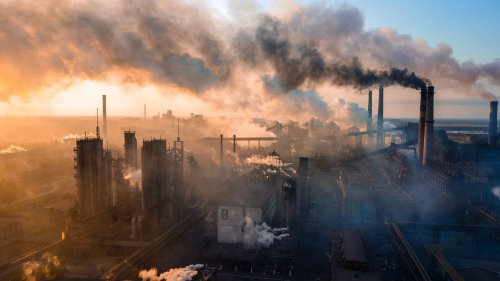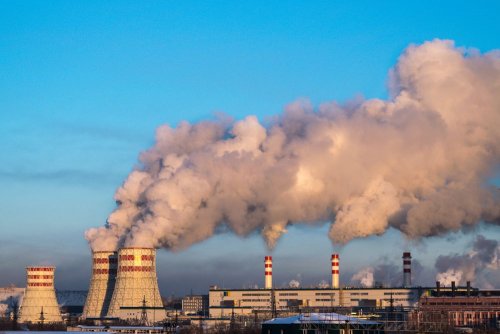The US Department of Energy will allocate $425 million to finance green energy and industrial decarbonization projects in former coal regions.
Projects from small and medium-sized businesses will be able to receive funding, ESG Today reports.
It is noted that such investments will open the second round of the Advanced Manufacturing and Processing Grant Program, which was launched as part of the Bipartisan Infrastructure Bill (BIL). It is designed to support manufacturing projects in energy communities that have experienced the closure of coal mines or coal-fired power plants.
The article says that priority funding will be provided to projects with:
- production of green energy and recycling, in particular for projects to create, re-equip or expand existing production or processing facilities;
- decarbonization of industry, in particular, the construction or modernization of production facilities to significantly reduce greenhouse gas emissions and create low-carbon materials.
It is added that the program will cover communities where coal mines or power plants have closed after 1999. And also for enterprises with annual sales of less than $100 million and the number of employees up to 500 people.
"The Department of Energy is leveraging historic investments in President Joe Biden's Investing in America plan to expand economic opportunities so that former coal communities can take full advantage of the clean energy transition and continue to play a leading role in our nation's energy," said the minister. of Energy of the United States Jennifer M. Granholm.
It should be added that a program to support the decarbonization of industry has also been launched in Germany, namely a subsidy scheme to stimulate investment. Thus, Energy Minister Robert Habek announced the allocation of €4 billion for programs to reduce emissions in the production of glass, steel and paper, reports France 24. An additional €19 billion in subsidies will be allocated in the fall.
"We are the first industrialized country to introduce this," Habeck said, calling the scheme an innovative, new tool that would cut red tape, spur technological innovation and help Germany meet its climate goals.
According to him, climate contracts will be concluded for 15 years, and the government will provide subsidies to those firms that will be able to decarbonize their production processes with the lowest costs.
Habeck explained that the program, in addition to fighting climate change, will help stimulate the economy. After all, the industry is suffering from a decline in production, inflation, weak global demand and soaring energy prices following Russia's full-scale invasion of Ukraine.
The scheme is expected to help reduce industrial carbon emissions by 350 million tons by 2045, according to the Economy Ministry.
Habeck added that the subsidy program is also a response to the green incentives offered by the US Inflation Reduction Act (IRA). After all, some German companies are already considering moving production abroad.
Earlier, EcoPolitic wrote, that the US Department of Energy (DOE) will allocate $254 million for industrial decarbonization, including $83 million to reduce emissions in industrial sectors that are difficult to decarbonize.
As EcoPolitic previously reported, in Germany, in March, the Swiss company Meyer Burger, the largest manufacturer of solar panels in the country, will close its plant in Freiberg and move its production sites to the United States.





